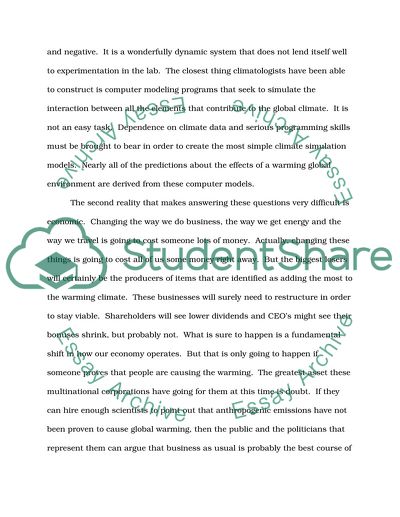Cite this document
(Climate Change and Climate Gate Research Paper Example | Topics and Well Written Essays - 2500 words, n.d.)
Climate Change and Climate Gate Research Paper Example | Topics and Well Written Essays - 2500 words. Retrieved from https://studentshare.org/environmental-studies/1734364-climatechange-and-climategate
Climate Change and Climate Gate Research Paper Example | Topics and Well Written Essays - 2500 words. Retrieved from https://studentshare.org/environmental-studies/1734364-climatechange-and-climategate
(Climate Change and Climate Gate Research Paper Example | Topics and Well Written Essays - 2500 Words)
Climate Change and Climate Gate Research Paper Example | Topics and Well Written Essays - 2500 Words. https://studentshare.org/environmental-studies/1734364-climatechange-and-climategate.
Climate Change and Climate Gate Research Paper Example | Topics and Well Written Essays - 2500 Words. https://studentshare.org/environmental-studies/1734364-climatechange-and-climategate.
“Climate Change and Climate Gate Research Paper Example | Topics and Well Written Essays - 2500 Words”, n.d. https://studentshare.org/environmental-studies/1734364-climatechange-and-climategate.


